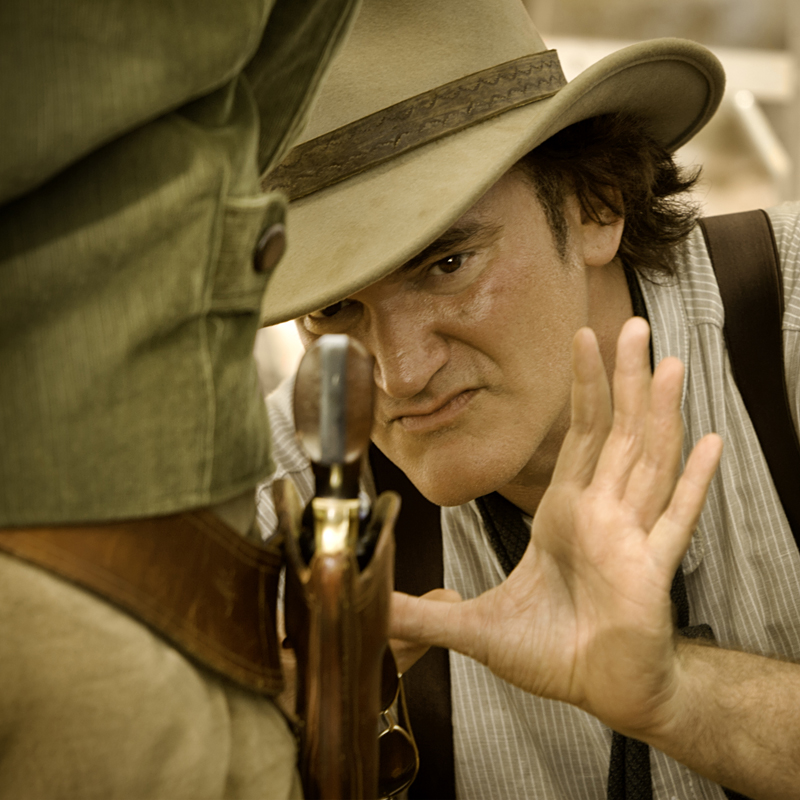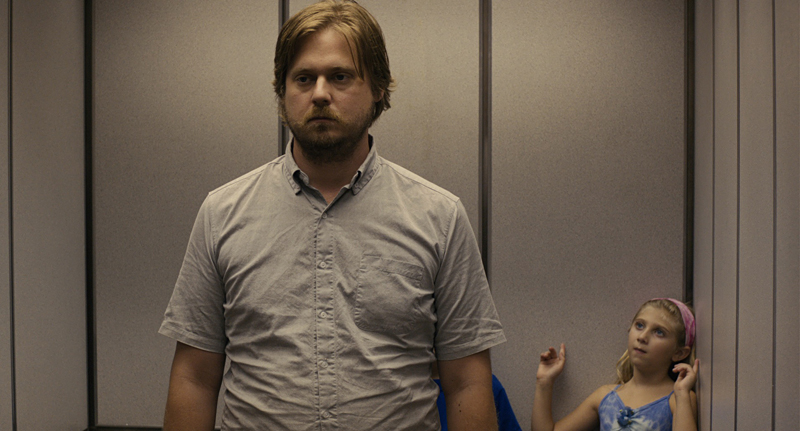Robert Pattinson’s casting as Eric Packer, a 28-year-old finance prodigy ensconced in a stretch limo on a 24-hour odyssey across Manhattan to get a haircut, gives Cosmopolis director David Cronenberg an automatic meta-text to play with. Updating Don DeLillo’s post-9/11 New York story into an ambiguous, dry black comedy, Cronenberg subverts a postmillennial mass-media moment that considers this guy the male ideal. Pattinson, dead-eyed and always on the verge of a smirk, plays Packer as the embodiment of post-Empire cool, a less-than-zero cipher of a personality. He’s a citizen of the world whose philosophical objection to traditional notions of national borders or cultural hierarchies gives him permission to live in a bubble. Cosmopolis is the first film based on a DeLillo novel. The original text was released to mixed reviews in 2003, but today, it reads as a prescient encapsulation of the current moment’s economic tumult, with public space defined by reckless power brokers and performance-art-like protest. Postmodernist cred notwithstanding, DeLillo held to the traditional novelistic tactic of introducing a character by telling the reader what was happening in his head. Translating a written text into a visual medium, Cronenberg declines to define a difference between internal and external. What is real? Who cares? The noise in Packer’s head is all there is. Cosmopolis unfolds as an unbroken stream of the character’s consciousness, so narrowly wedded to the way this loathsome master of the universe sees the world that we can’t actually see him. Call it a long night of the soulless.
Cosmopolis: Don DeLillo Is Well-Served by Robert Pattinson








